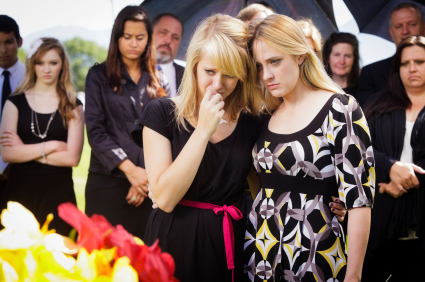- What is Unresolved Grief?

Unresolved Grief, also known as “Complicated Grief,” “Complex Grief,” or “Persistent Complex Bereavement Disorder,” is a term used to describe a prolonged sense of mourning. It arises when individuals cease to function normally after a loss (e.g., death, unemployment, leaving one’s home, abortion, loss of a limb, or loss of a body part). Though mourning is expected and each person reacts differently to loss, in some cases grief symptoms persist and continue to interfere with one’s everyday functioning. Engaging in uncharacteristic reckless behavior (e.g., such as substance abuse or promiscuity), experiencing disrupted sleep, demonstrating less quality work, earning significantly lower grades, and/or shunning friends or family members are probably signs that additional help is necessary. - How can Unresolved Grief be treated?
The recommended treatment for grief and loss issues is psychotherapy. Treatment should focus on helping the individual move through the “phases” (or “tasks”) of the grieving process by providing the individual psychoeducation around common reactions to loss, teaching the individual adaptive coping skills so he/she can cope with distressing thoughts/feelings, gradually helping the individual confront the loss and related thoughts and feelings, and creating a goodbye ritual so that the individual can experience closure.
